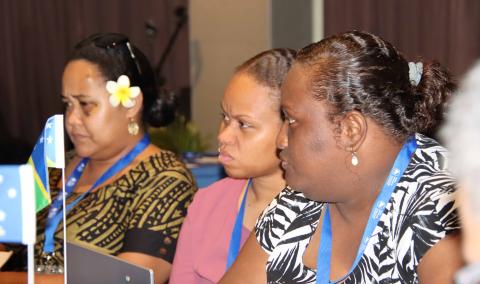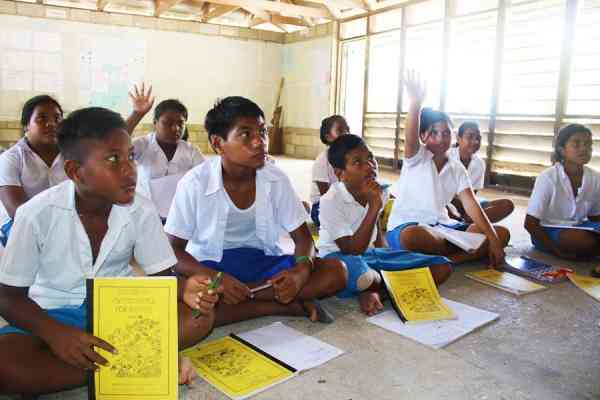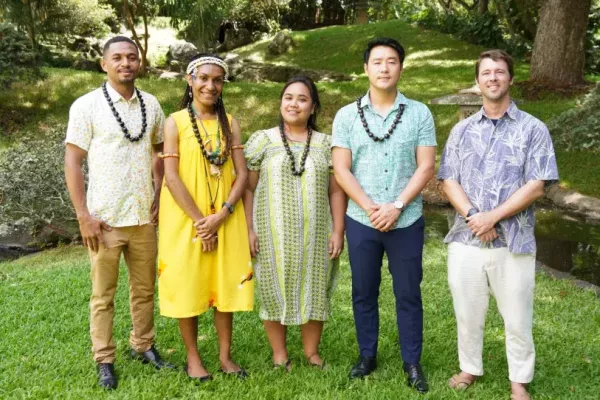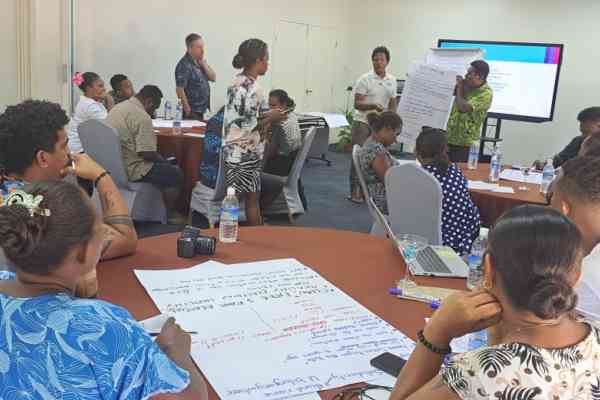The Pacific region's quest for climate justice has reached a pivotal moment as countries prepare their submissions to the International Court of Justice (ICJ) for an Advisory Opinion on climate change.
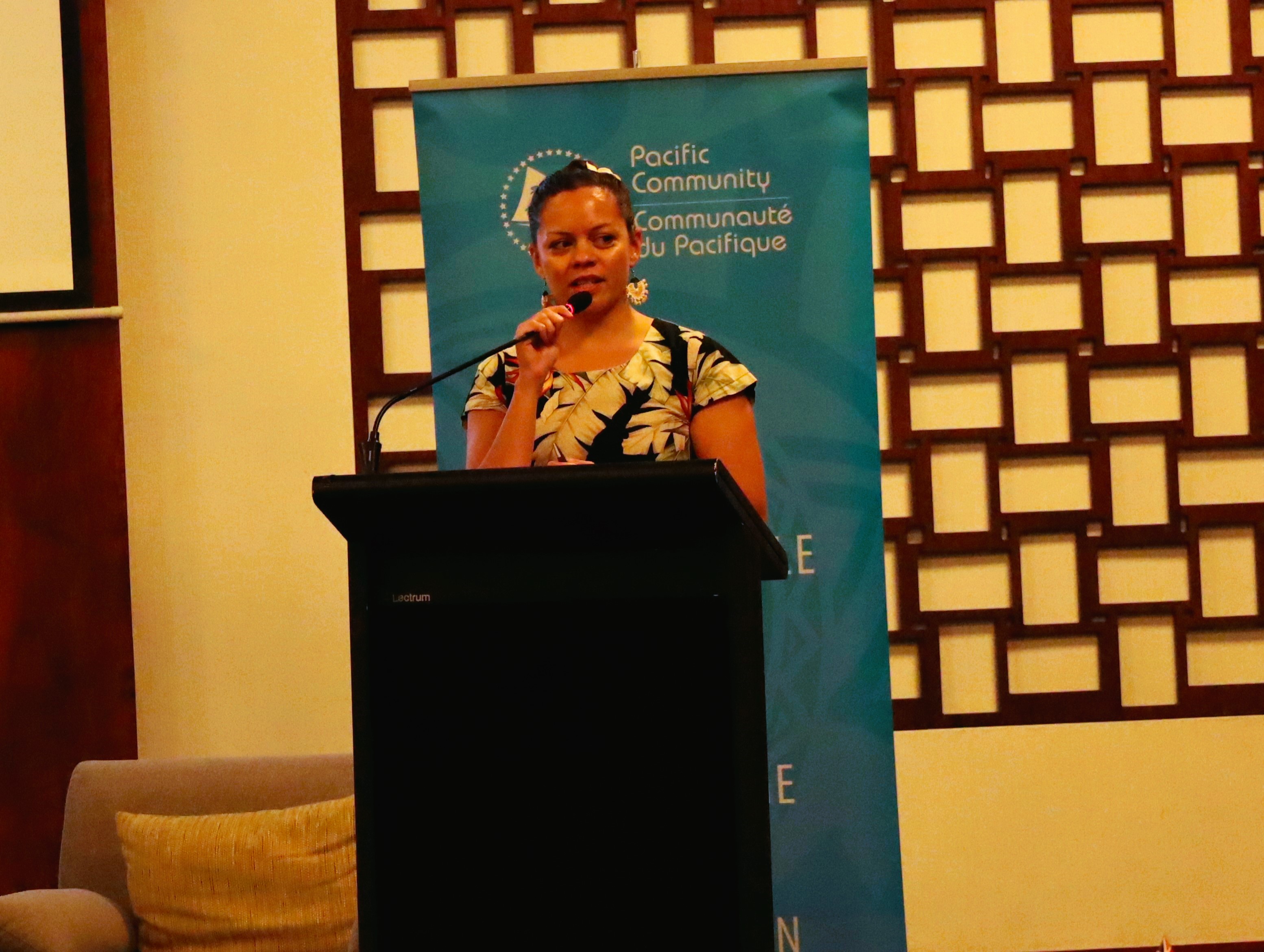
In a recent interview with Ms Johanna Gusman, the Pacific Community’s (SPC) Human Rights and Social Development Advisor, she highlighted the important role of the regional write shops in preparing Pacific Island countries and territories (PICTs) in drafting their submissions to the ICJ.
Following Vanuatu’s leadership, SPC helped facilitate these regional writeshops, which were held in July and October of this year to help PICTs raise their voice and concerns to the highest court within the UN system, placing climate justice at the forefront of international legal discourse.
Ms Gusman shared that PICTs face challenges when navigating complex legal procedures of the ICJ and acknowledged that it's an opaque and potentially intimidating process, particularly for those unaccustomed to such legal arenas.
“One of the major objectives of the two writeshops was to ensure that as many Pacific Island countries and territories actually do written submissions and are set up for success in bringing their stories and their case to the Hague,” Ms Gusman said.
“It is certainly not something that many of us in the region have had exposure to,” she added.
“The initial writeshop in July served as an orientation for PICTs, introducing the legal procedures and the crux of the case. It focussed on aligning the narrative with the Pacific's cultural perspective, ensuring that their unique voice and values were integral in the process, even within a Western legal framework,” Ms Gusman shared.
She highlighted that the subsequent writeshop, which recently concluded in Nadi, Fiji on 25 October, delved deeper into the intricacies of crafting compelling arguments.
“The October event aimed at translating experiences of cultural loss, damage, and the struggle for self-determination into legal discourse. The objective was to effectively present the heart-wrenching stories of communities facing the impacts of climate change, such as sea-level rise and displacement from ancestral lands,” Gusman said.
“The goal was to underline the unique Pacific perspective that views ocean, people, and land as interconnected—a viewpoint distinct from certain international laws and perspective.”
Ms Gusman added that PICTs have made notable progress in drafting their submissions following the two writeshops.
“The countries involved have made significant strides in translating expert guidance into compelling evidence and legal arguments,” she said.
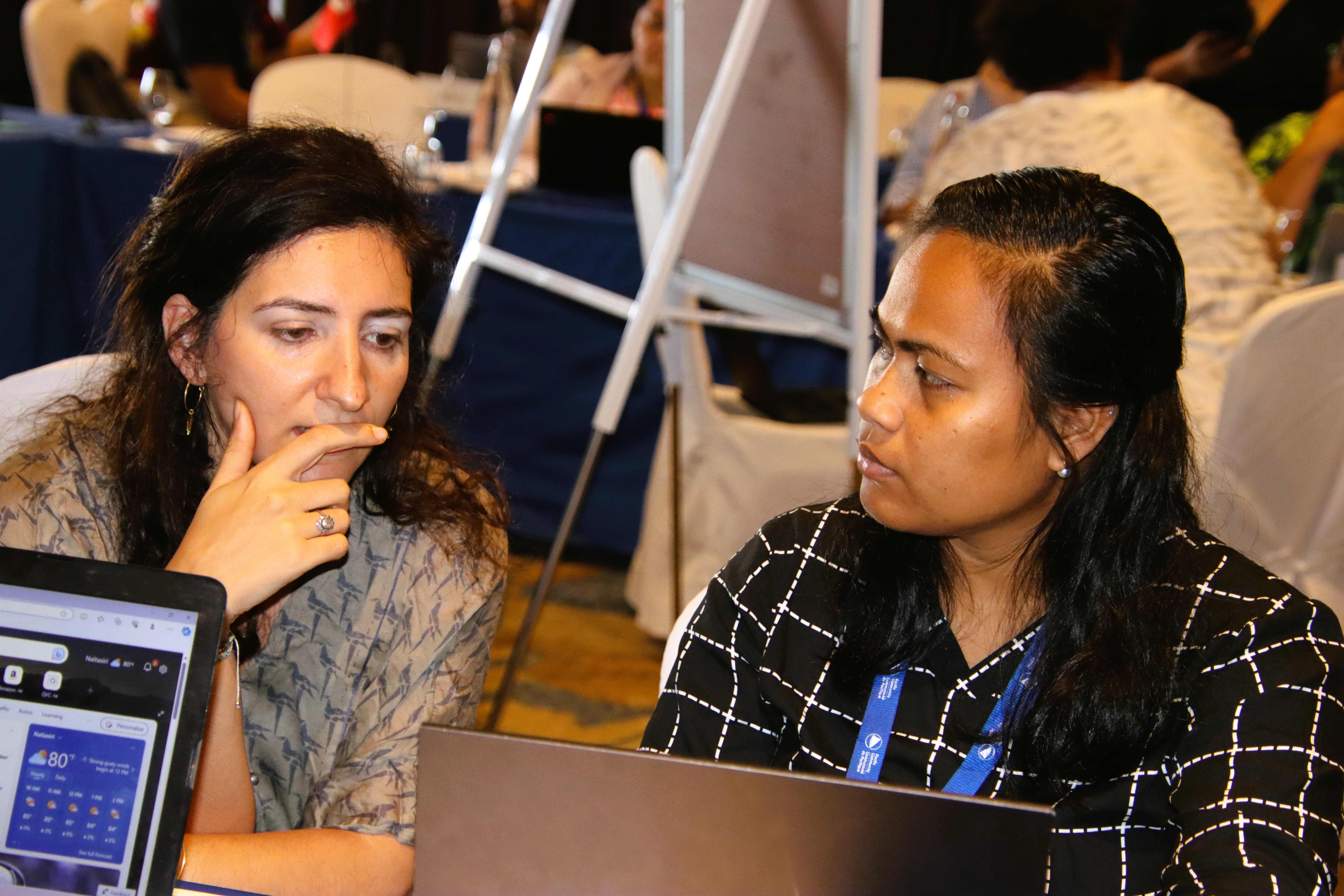
He shared that Kiribati will focus on three priority areas as part of their submission to ICJ.
“One is we will be focussing on our Exclusive Economic Zone (EEZ), that is fisheries, marine stock, together with the coral bleaching that is for us the most serious effects of climate change where fish are dying as well as there are poisoned fish in certain islands of Kiribati,” Mr Ientaake said.
He added that Kiribati would also focus on the erosion of land, where most people are evacuating their homes and land because of sea level rise. The final focus area is water and sanitation because climate change is affecting freshwater sources in Kiribati.
The process, although still in its nascent stages, has been encouraging, with PICTs expected to meet the looming January 22 deadline for submissions to the ICJ.
Tonga’s Rose Kautoke shared that the Tongan delegation of legal officers and drafters has already prepared a zero draft of the submission. They aim to complete it by the end of November for endorsement by the relevant ministries.
Gusman expressed confidence in the potential of the region to produce strong and impactful submissions, emphasising the crucial role of their experiences in prompting this court case.
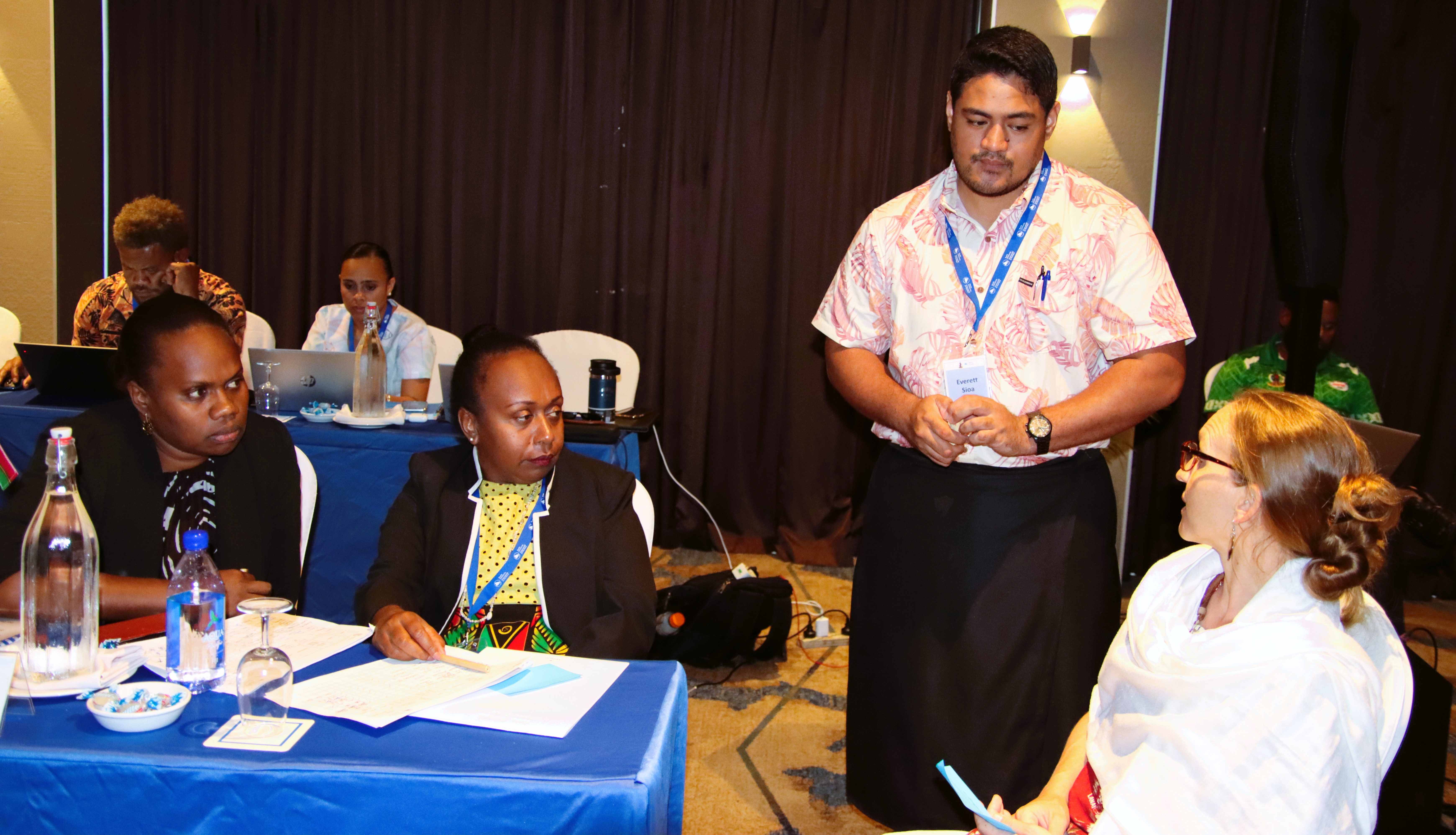
Both ICJ advisory opinion writeshops organised by SPC were supported by the United States Agency for International Development through its PROJECT Governance programme and the Governments of Australia, New Zealand, and Sweden. Greenpeace International also collaborated to support the October event.
By leveraging SPC's expertise in scientific and human rights domains, a coordinated effort involving legal experts, scientists, researchers, and affected individuals will ensure that the submissions to the ICJ are not just legally sound but also imbued with the stories and experiences crucial to the case.
As the submission deadline approaches, the region's collective effort, backed by Vanuatu and SPC's facilitation and expertise, sets the stage for a landmark moment in advocating climate justice at the highest levels of international law.
Watch the full webinar here.
